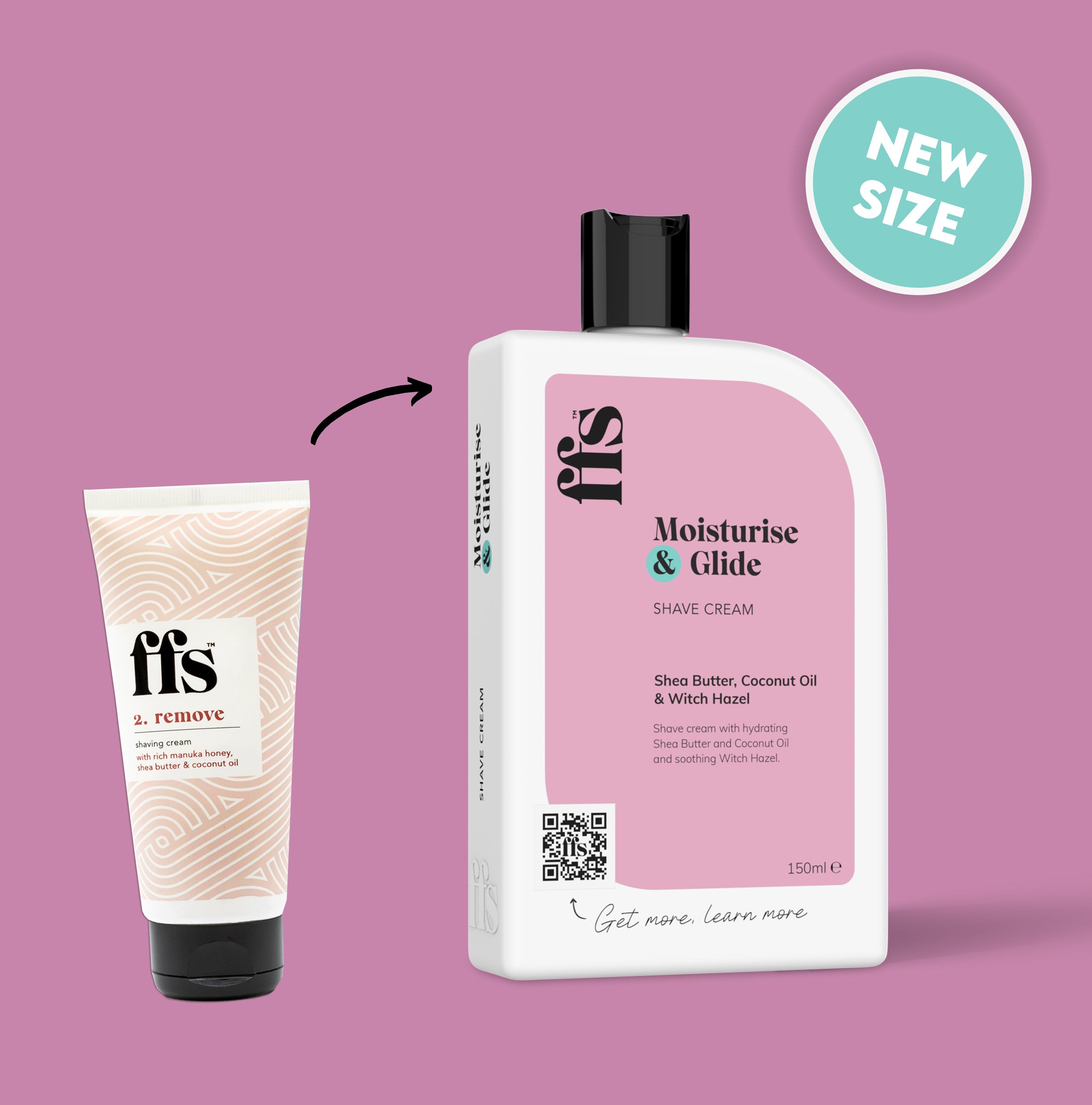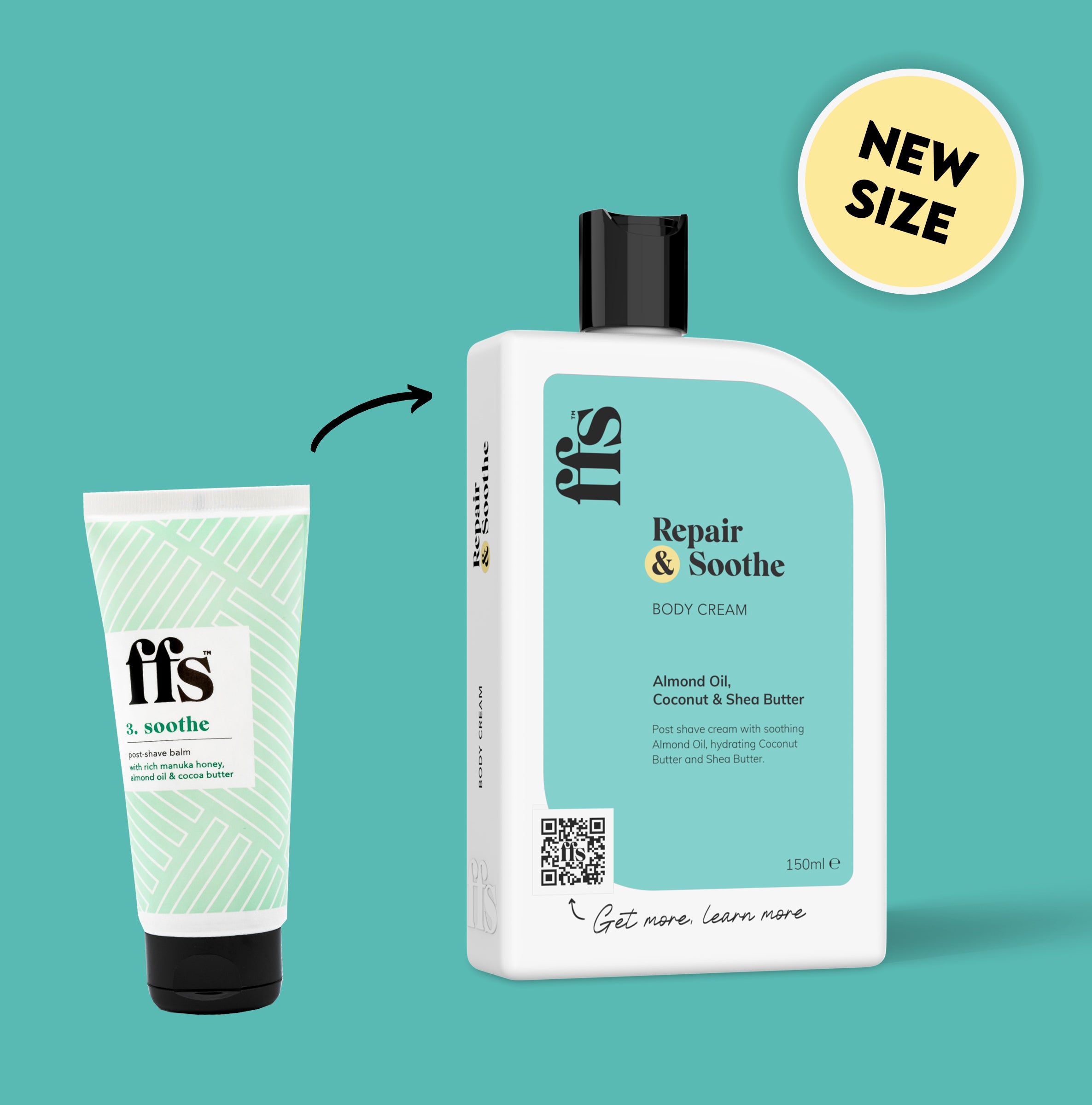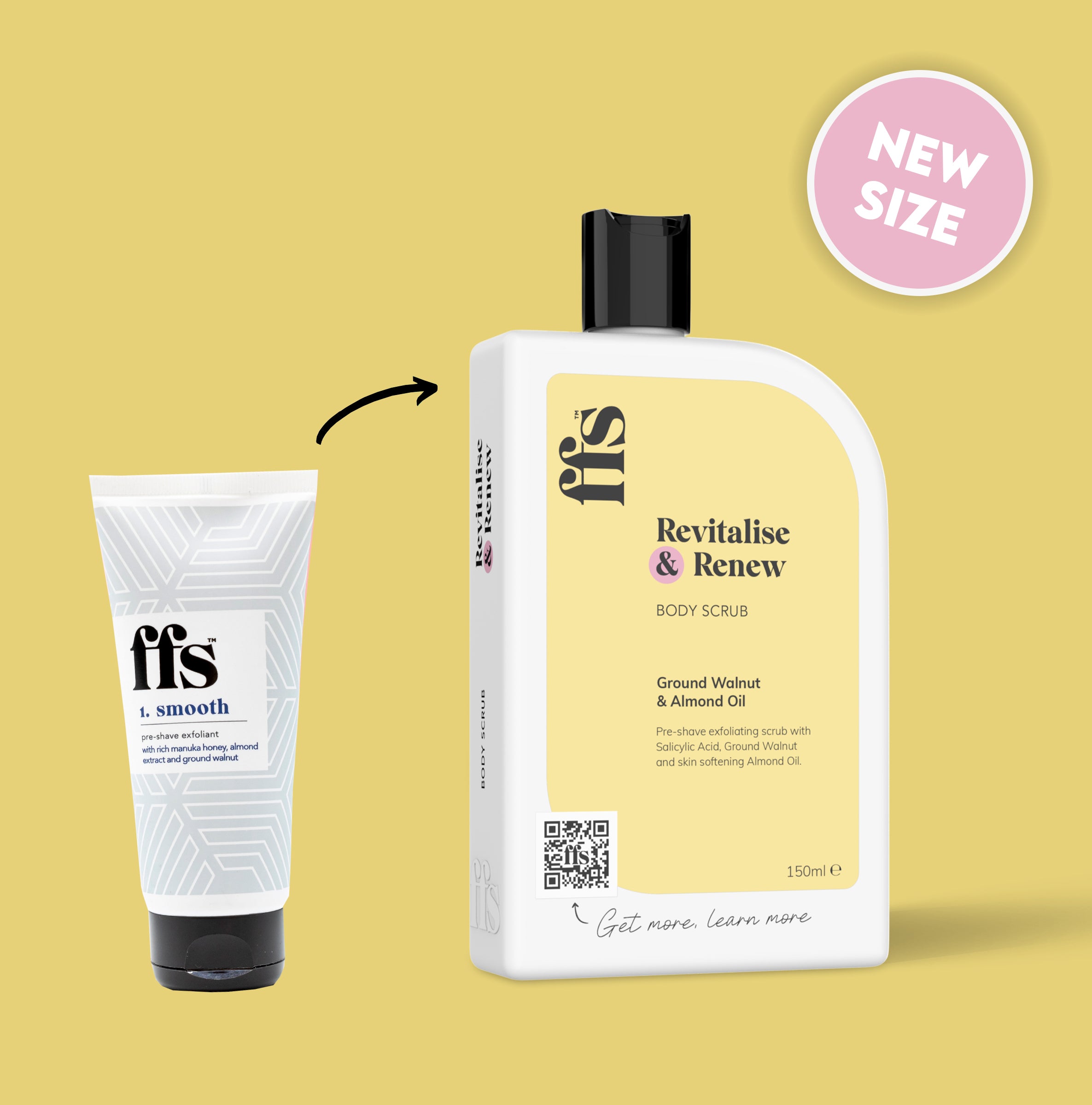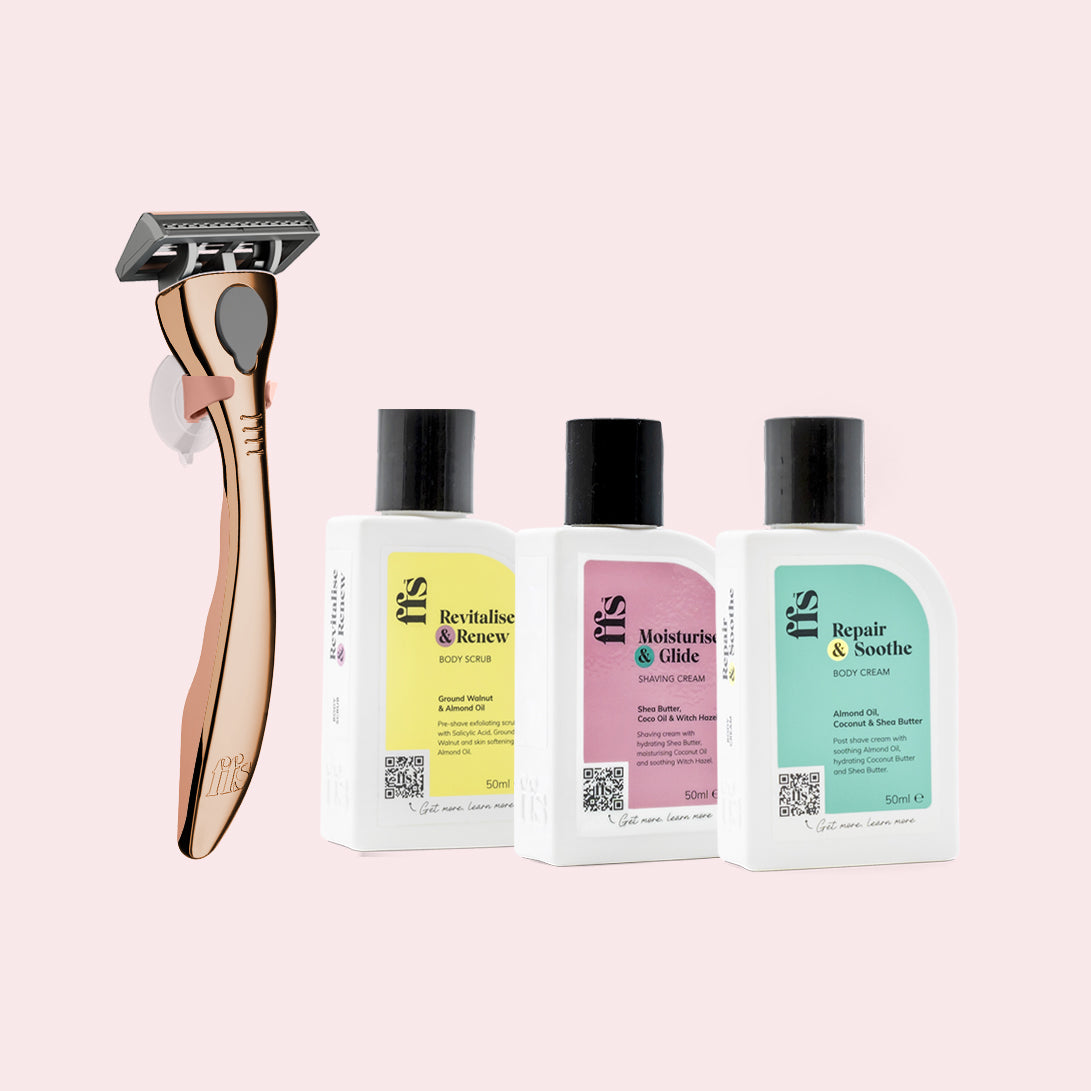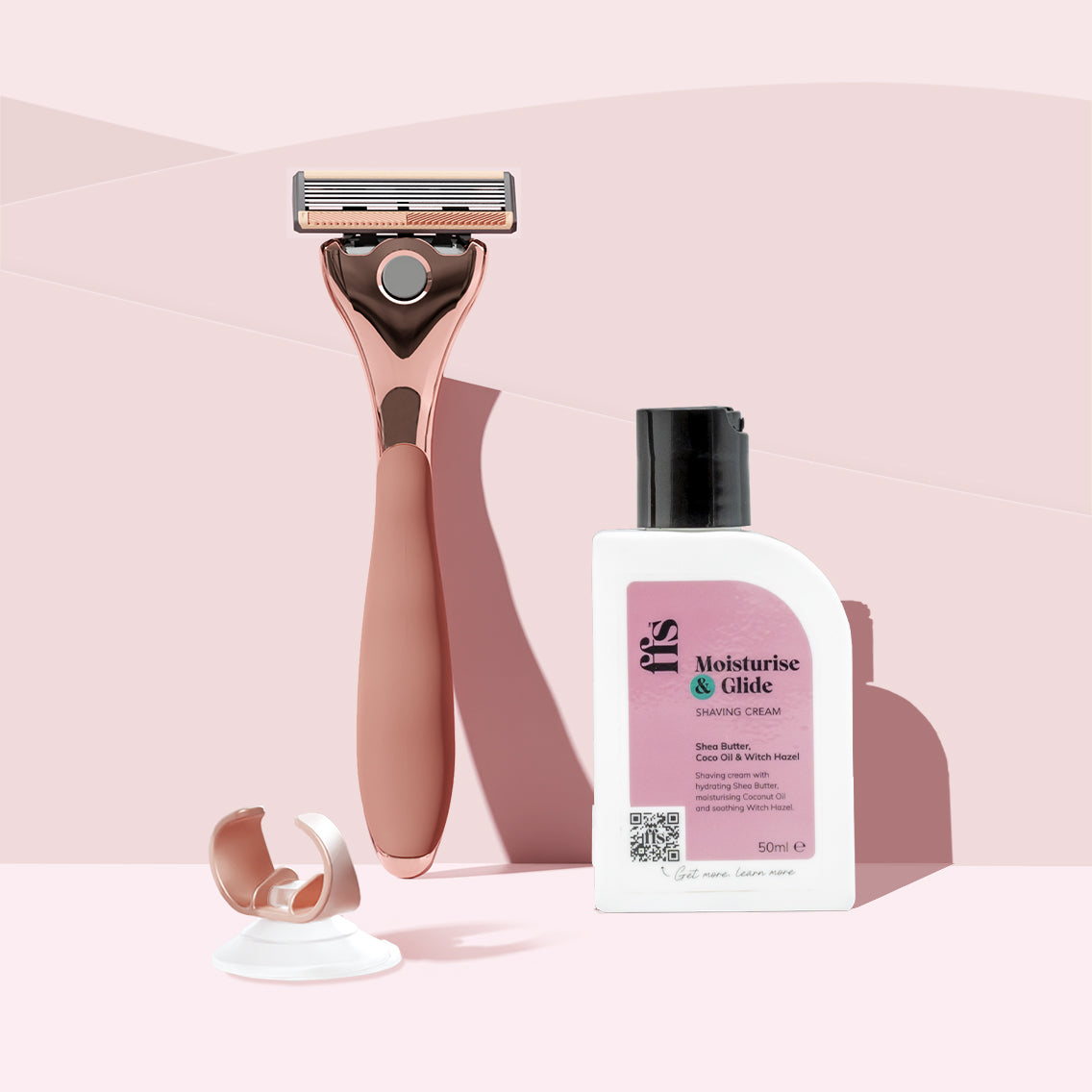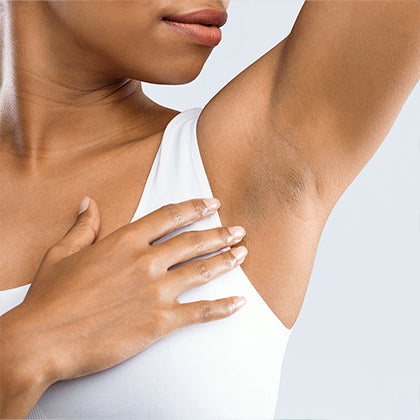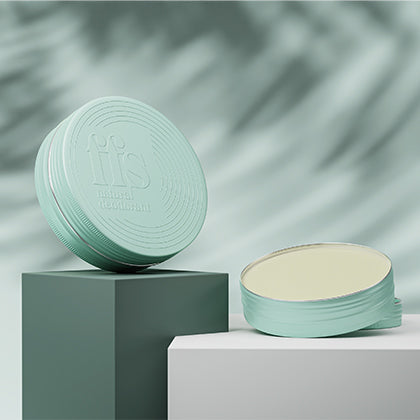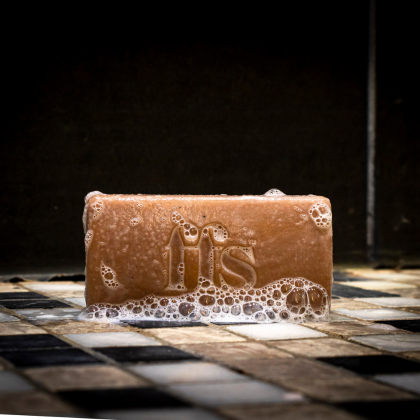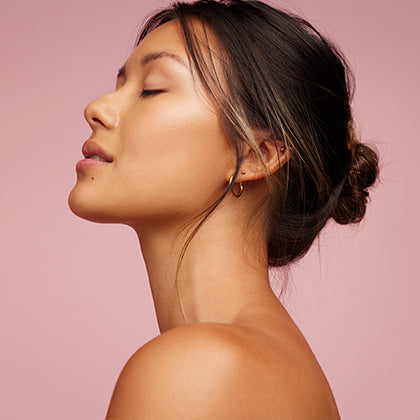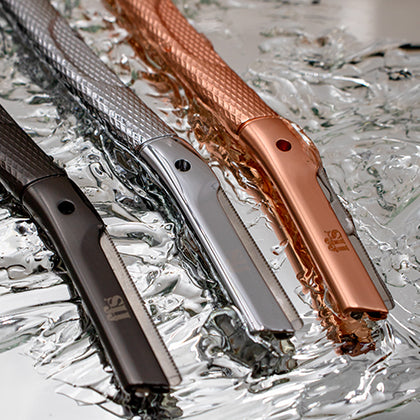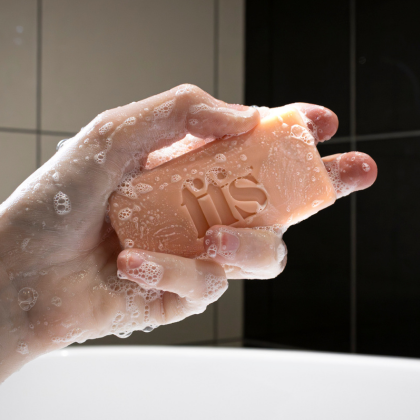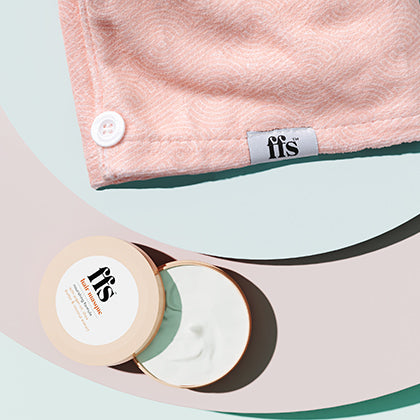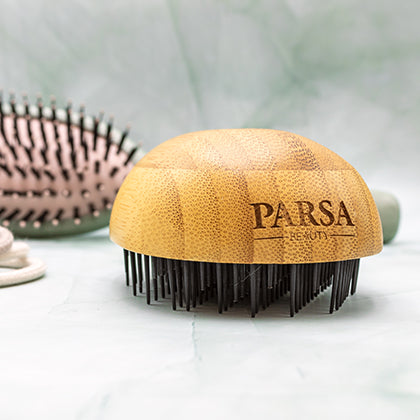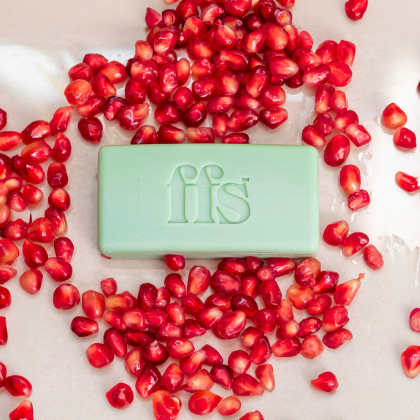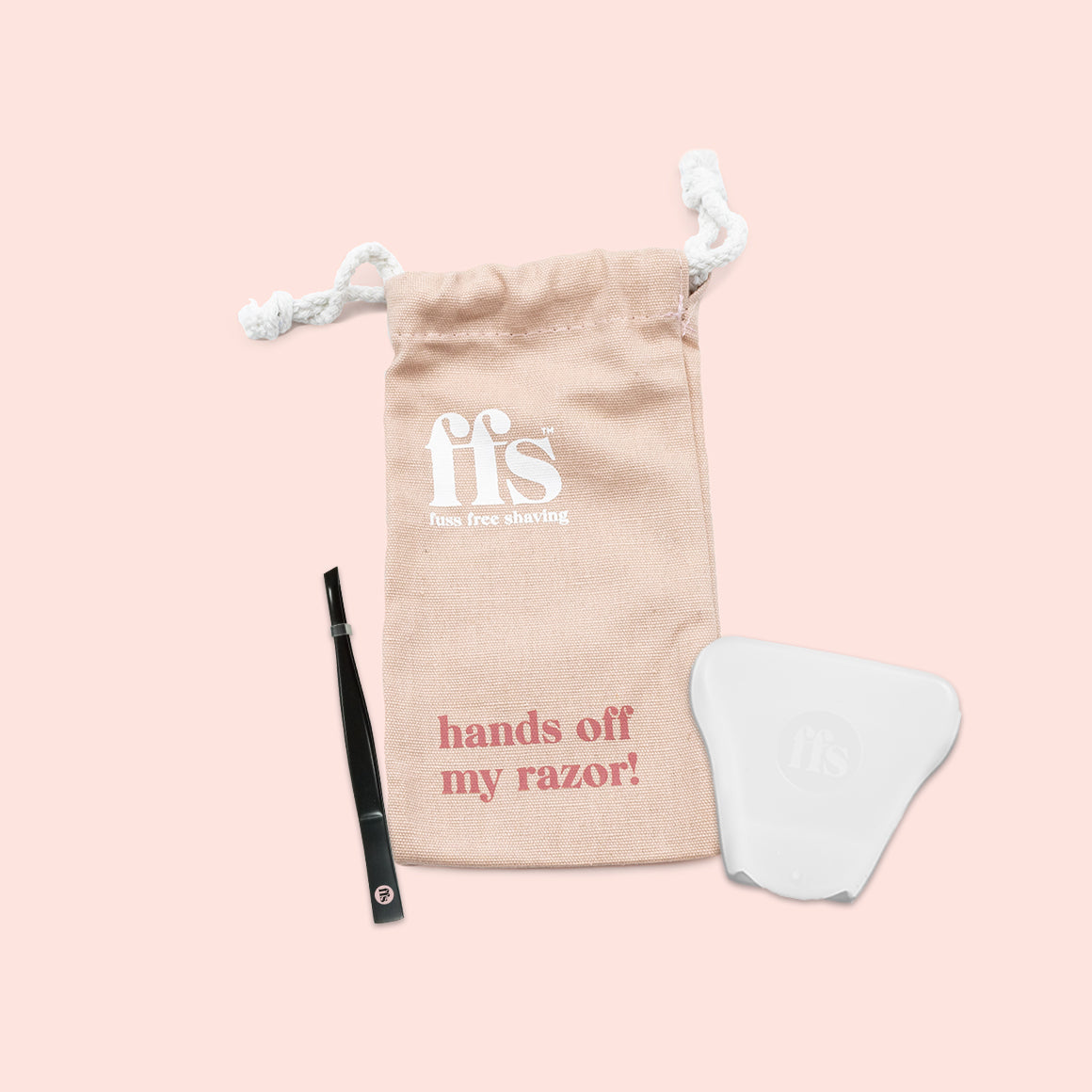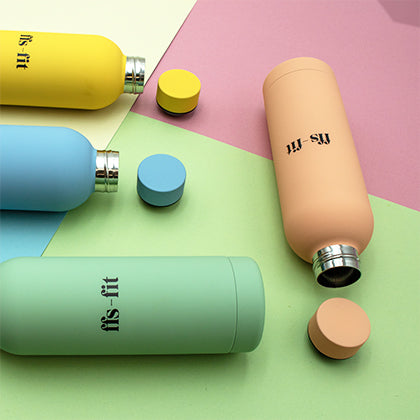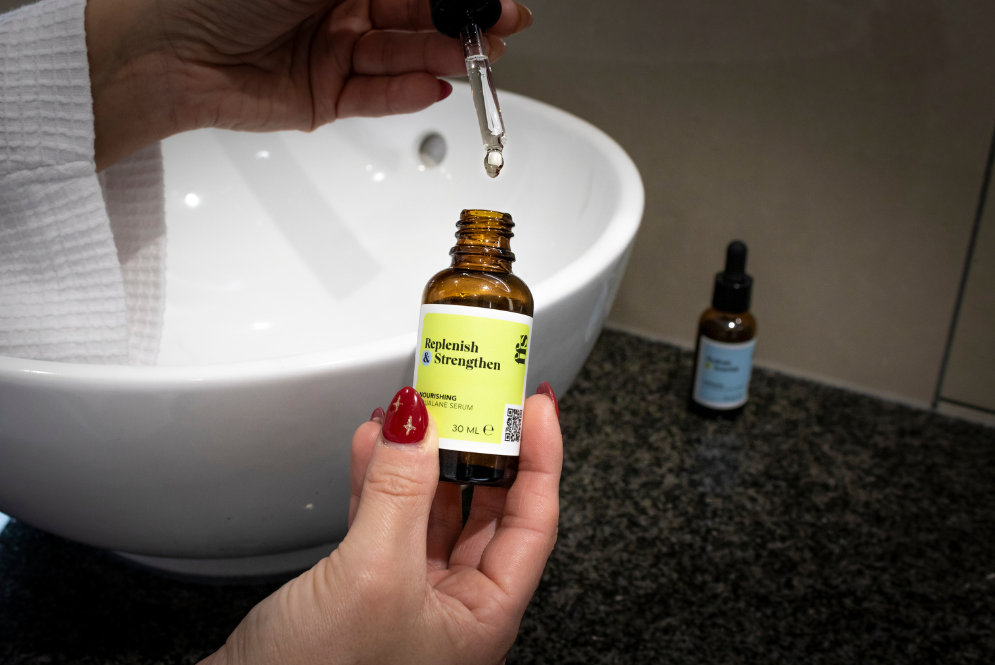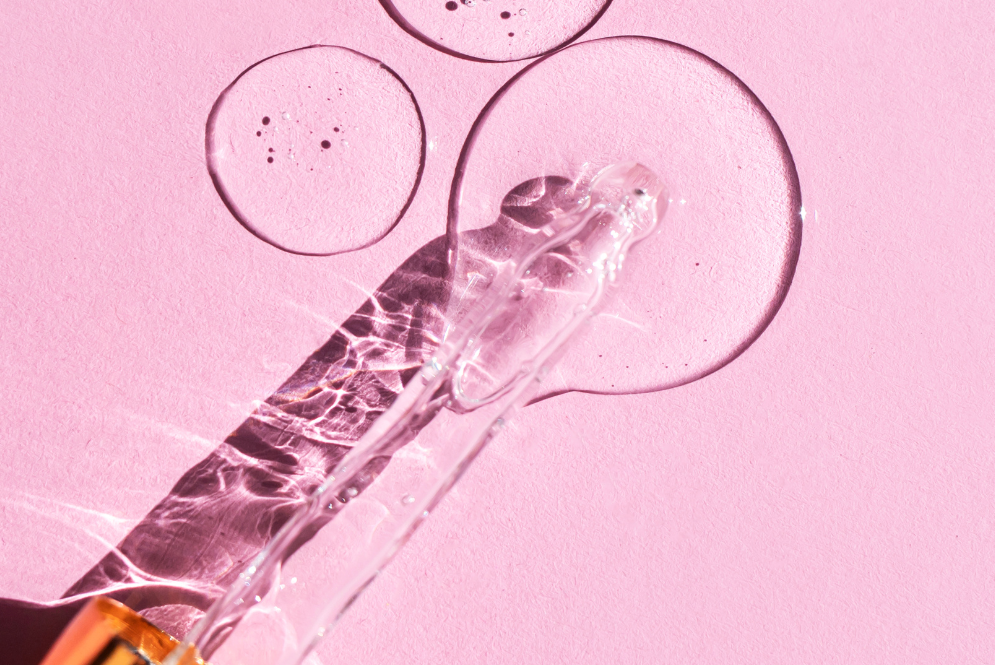What Is Squalane Oil?
Squalane is a small molecule oil, meaning it can penetrate three layers of your skin – epidermis, dermis, and hypodermis. Why does that matter? Well, it ensures less moisture loss and restores your skin's supple glow.

What Is Squalane Made From?
Before squalane became the norm, Squalene was used - a natural compound found in shark liver. However, ethical concerns have prompted many companies to abandon shark-derived squalene. Driven by a commitment to sustainability, the beauty industry has shifted its focus to plant-derived alternatives.
Nowadays, squalane in skincare products is predominantly sourced from plants like olives and rice bran, with amaranth seed, wheat germ, and even sugar cane are also contributing to the growing trend of cruelty-free and environmentally friendly beauty options.
What Does Squalane Do?
Squalane is known for its exceptional moisturising properties, antioxidant benefits, and ability to improve the skin’s texture and elasticity. With its lightweight texture and compatibility with various skin types, squalane deeply hydrates the skin, protects against environmental damage, and promotes a healthy, radiant complexion! Squalane can also improve skin texture by softening dry/rough patches, making the skin more supple.
What Age To Use Squalane?
Wondering when to dive into the world of squalane? Well, good news – it's a skincare superhero suitable for all ages! Whether you're a skincare newbie or a seasoned enthusiast, squalane is here for you.
Start your squalane journey around the age of 20, and you'll be giving your skin the hydration boost it deserves. At this stage, your skin might be dealing with hormones and stress factors, and that's where squalane steps in to provide that extra moisture your skin craves.

Is Squalane Oil Good for Skin?
Squalane is a lightweight and non-comedogenic oil, meaning it is unlikely to clog pores. Here are some reasons why squalane oil can be beneficial for acne-prone skin:
- Non-comedogenic: Squalane has a low likelihood of clogging pores, which is essential for those with acne-prone skin. It moisturises without causing breakouts.
- Balancing: Squalane helps balance oil production in the skin.
- Gentle and Soothing: Squalane is gentle on the skin and can help soothe irritation.
When using squalane oil for acne-prone skin, it's essential to incorporate it into a well-balanced skincare routine. Start with a patch test to ensure your skin reacts positively and consider consulting with a dermatologist if you have specific concerns about your acne.
Is Squalane Oil Good for Hair?
Squalane isn't just a skincare superstar; it's also a hair care hero:
- Hydration Magic: Squalane's small molecular weight allows it to deeply moisturise hair, reaching the cuticle and its lightweight nature won't weigh down your locks.
- Breakage Defence: Squalane enhances elasticity and flexibility, reducing the risk of breakage, frizz, and static.
- Softness and Shine Booster: Acting as a natural antioxidant, squalane protects hair from environmental damage and adds a healthy shine.
-
Scalp Soother: Perfect for dry, flaky scalps, squalane oil can alleviate dryness and irritation without clogging hair follicles, leaving a lightweight and non-oily feel.
How to Use Squalane Oil for Hair
Squalane oil is efficient and easy to use for the hair because it does not require any DIY diluting. In fact, it can be applied directly to your hair and scalp as is—just massage a few drops on your scalp and throughout the rest of your hair.
Liz, one of the Founders of FFS Beauty, is a huge advocate for squalane and uses the product in her hair almost daily! Here’s what she has to say:
The Difference Between Squalane and Squalene
Often confused with squalene (with an e), squalane is the hydrogenated version of squalene, meaning that it is less prone to oxidation and much more stable to incorporate into beauty formulations.

